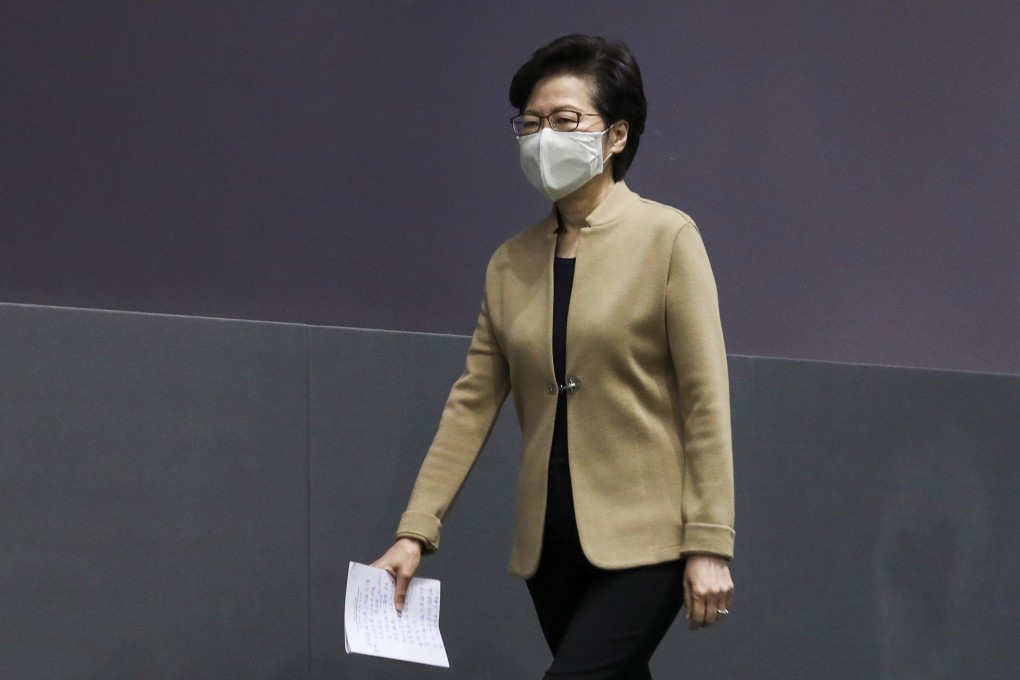Editorial | Bribery exemption for Hong Kong leader must end despite complexity
- Way has to be found at difficult time in cross-border relations to allay Beijing fears and avoid public perception that the chief executive is above the law

The exemption continues to create the perception that the chief executive is above the law. It undermines confidence in the position. Lam said a future administration might look at the issue again if it had “brighter ideas”. But it has already dragged on for too long. Lam also said “very difficult situations” might arise if the amendments were made. The respective governments should explain clearly what these difficulties are and further explore how to overcome them. It should not be beyond the ability of the city’s legal experts to find a way of making the chief executive fully accountable to the law in a way that is consistent with existing constitutional arrangements and acceptable to Beijing.
Lam’s U-turn comes at a difficult time in cross-border relations and no doubt involved complex considerations. But the public expects high levels of accountability for officials. A way must still be found to end the bribery exemption for the chief executive.
